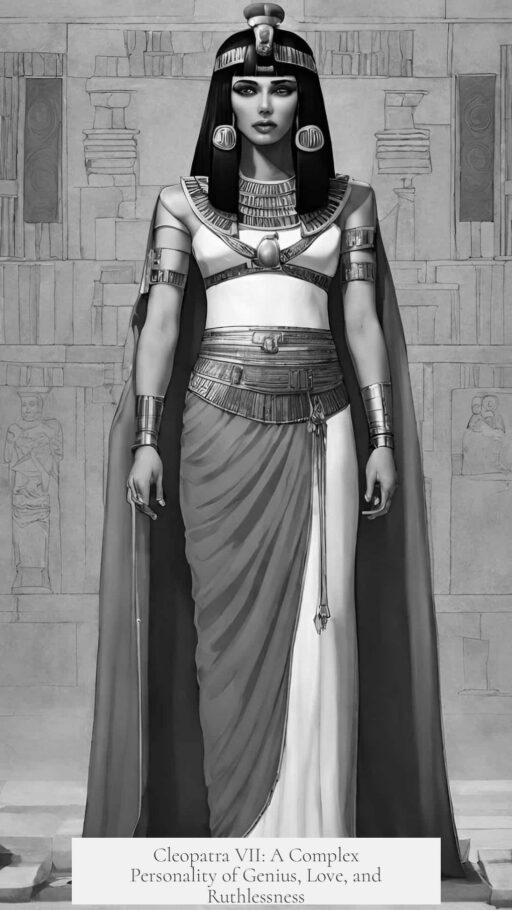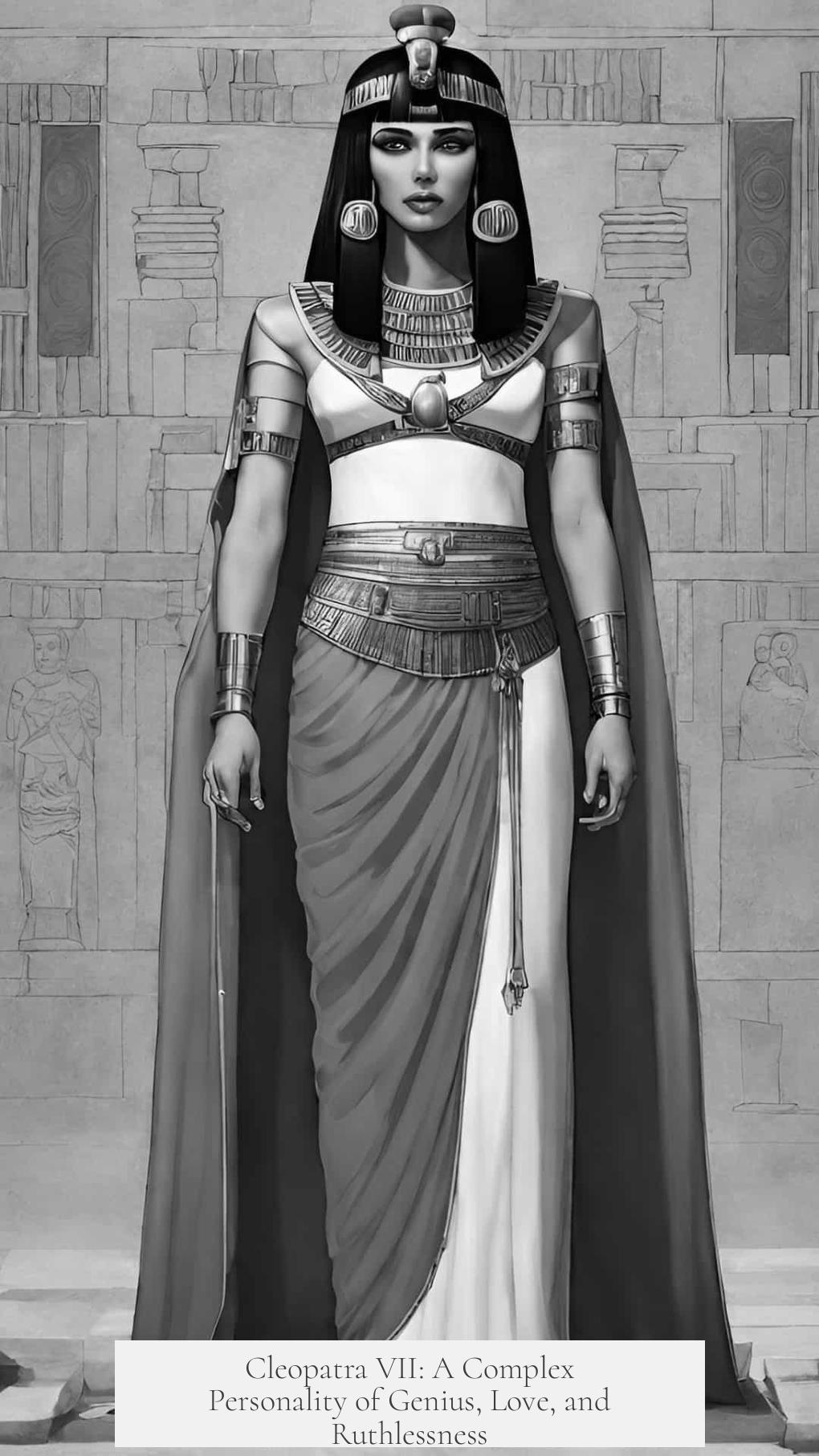Cleopatra VII’s personality was marked by intelligence, pragmatism, and a genuine concern for her people. She combined sharp political acumen with strong leadership to maintain her throne and elevate Egypt’s prosperity. Charismatic and multilingual, Cleopatra’s image blends cunning ruthlessness with a devotion to her nation, shaped partly by biased historical narratives.
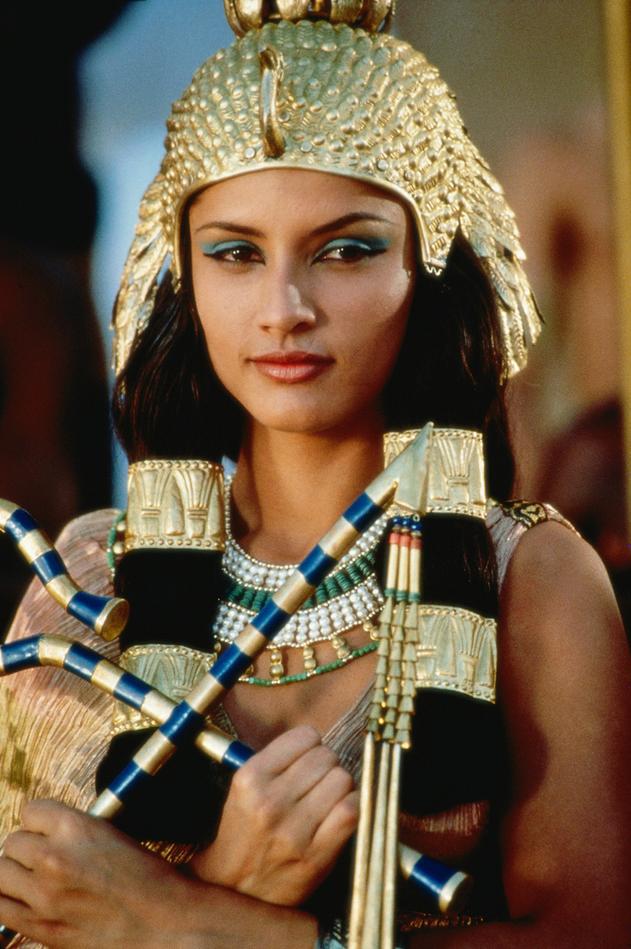
Cleopatra received an exceptional education, uncommon for women of her time. She mastered seven languages, demonstrating an extraordinary ability to learn and communicate. This multilingual skill gave her direct access to various political figures, bypassing potentially unreliable interpreters. Such intelligence earned her respect and anxiety among advisors, especially those who preferred to control information flow through intermediaries.
Her political savvy was clear from early in her reign. As a co-ruler with her brother, she opposed harmful court factions and ensured justice when others wanted to overlook crime for political gain. Cleopatra understood Egypt’s precarious position amid Roman expansion. She skillfully aligned with Julius Caesar, knowing his support was vital to retaining power.
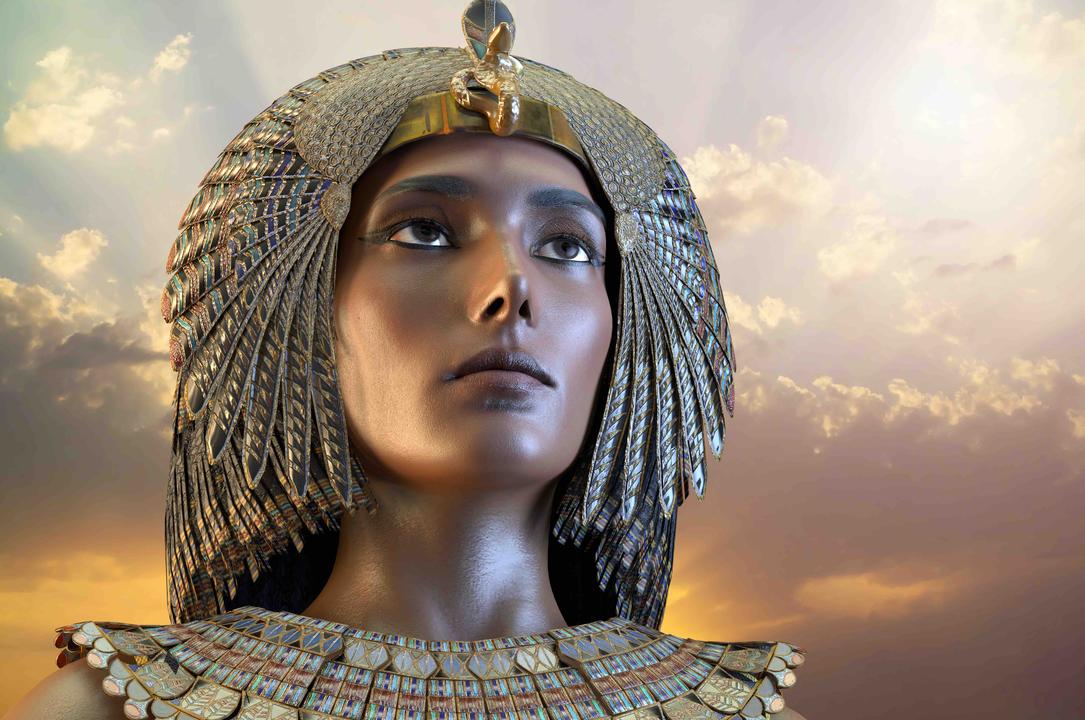
- She approached alliances with clear-eyed pragmatism, putting strategic needs above emotions.
- Her relationship with Caesar began as a power move, appealing to his pride and fantasies before becoming a genuine partnership.
- Cleopatra did not hesitate to make ruthless decisions, including ordering the execution of family members who posed threats to her rule.
Her connection to Egypt was more than political. Cleopatra revived religious ceremonies that had faded and embraced Egyptian culture deeply. Unlike many Ptolemies, who lived in decadence, she prioritized the welfare of her people. Economic reforms under her leadership increased prosperity and reduced starvation. She cultivated the image of a queen aligned with the goddess Isis, blending divine authority with popular support.
Regarding personal relationships, Cleopatra likely loved her children and appeared selective with intimate partners. Despite accusations of numerous lovers, historical evidence only confirms her bonds with Caesar and Mark Antony. Her alliances with these men were complex mixes of affection and political necessity. When Antony became controlling, Cleopatra sought to preserve her autonomy and maintain an independent Roman ally.

Historical accounts include negative portrayals, but many stem from Roman propaganda. Stories about jealousy, tantrums, or manipulation through tears lack reliable verification. Some claim Cleopatra attempted to seduce Octavian; however, these tales serve more to vilify her than to reflect reality. Notably, she was not famed for traditional beauty. Instead, contemporary sources highlight her charm, wit, and intellectual magnetism as key to her allure.
| Personality Trait | Description |
|---|---|
| Intelligent | Polyglot, quick learner, politically adept |
| Pragmatic | Focused on power preservation, strategic alliances |
| Charismatic | Engaging presence, persuasive without physical beauty |
| Ruthless | Eliminated rivals, decisive in leadership |
| Empathetic Ruler | Cared for Egypt’s people, promoted culture and prosperity |
| Motherly | Genuinely cared for her children |
| Subject to Propaganda | Portrayed negatively by Roman sources |
Roman historians and political enemies shaped much of Cleopatra’s legacy. The victorious Octavian sought to paint her as a seductive, manipulative figure to justify his own rise. Nevertheless, some sympathetic chroniclers acknowledged her intelligence and rulership skills, despite revealing biases. The feminine power she wielded threatened patriarchal norms, prompting exaggerated accusations.
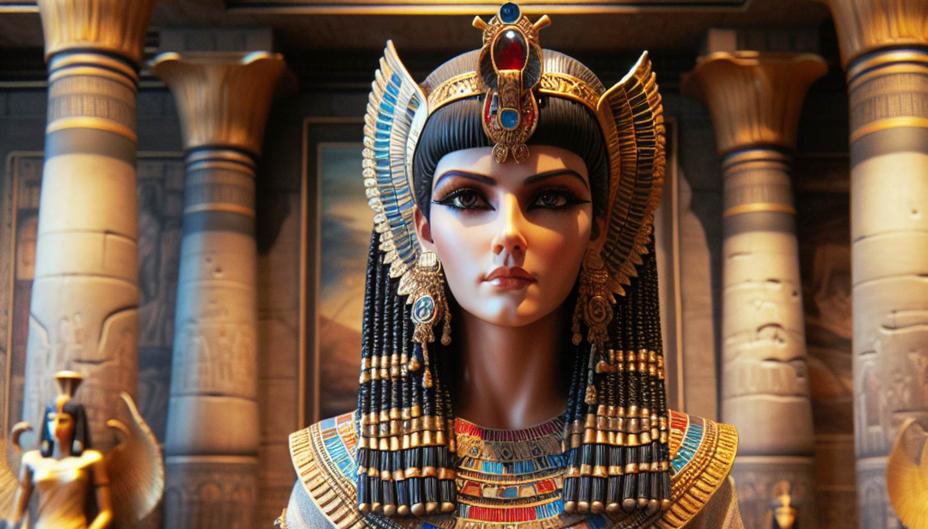
Cleopatra’s personality emerges from a mix of fact and fiction. She was a highly capable monarch who balanced intellect, political skill, and a strong will. Her ability to navigate dangerous political waters helped Egypt avoid complete absorption into Rome for a time. She gained loyalty through practical governance and cultural respect, rather than relying on charm alone. Yet, her personal life carried complexities, and historical distortions complicate her full character assessment.
- Cleopatra was a highly educated and multilingual leader.
- She balanced pragmatism with a genuine concern for Egypt’s welfare.
- Her relationships combined personal affection with political strategy.
- She displayed both ruthless political action and maternal care.
- Roman propaganda heavily influenced her historical image.
- Her charisma and intelligence made her influential beyond physical appearance.
What Was Cleopatra the VII’s Personality Like? Unpacking the Queen Beyond the Myths
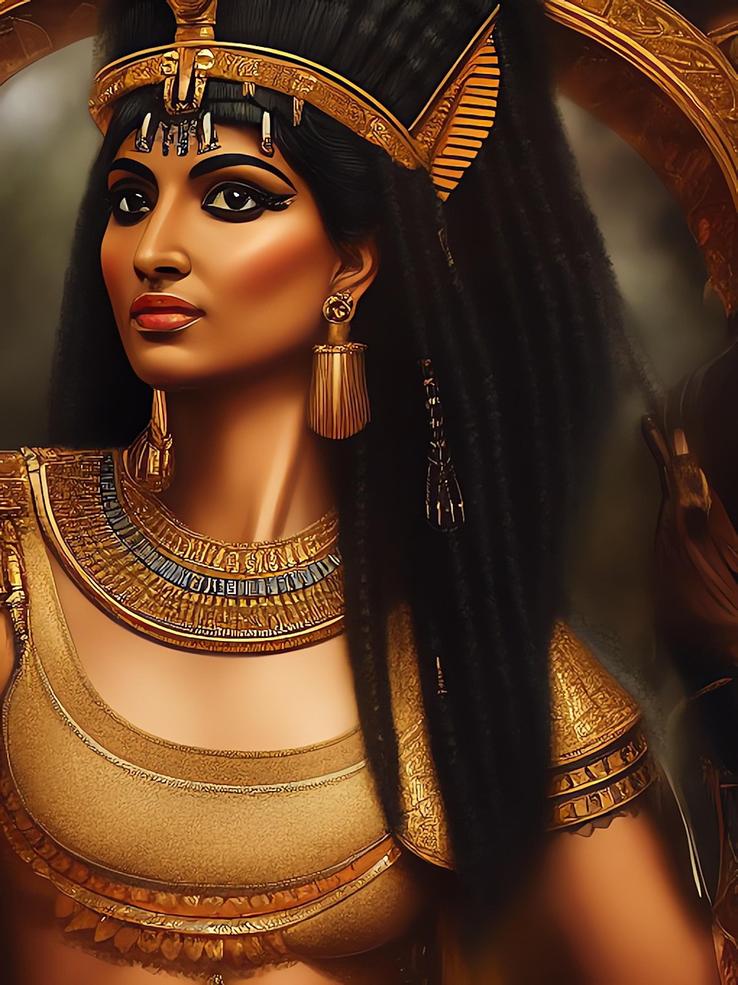
Cleopatra VII’s personality is a fascinating mix of intelligence, pragmatism, charisma, and ruthlessness—far beyond the stereotypes of a mere seductress. What made her so formidable? Was she a power-hungry diva, a caring leader, or a master strategist? Let’s dive into the multiple layers shaping this historic queen’s character.
Cleopatra remains one of history’s most captivating figures. While Hollywood often paints her with broad strokes—primarily as a romantic seductress—true stories reveal a much more intricate and remarkable personality. So, what really was Cleopatra like?

She Was a Genius Who Spoke Seven Languages
First off, Cleopatra was *extremely* smart. Raised as a prince, she received an education designed for rulers. She mastered seven languages. And no, she didn’t just learn a greeting and a few phrases. Ancient records say she picked up languages quickly. This irked many advisors who loved their interpreter positions. Why have a middleman when Cleopatra could talk directly?
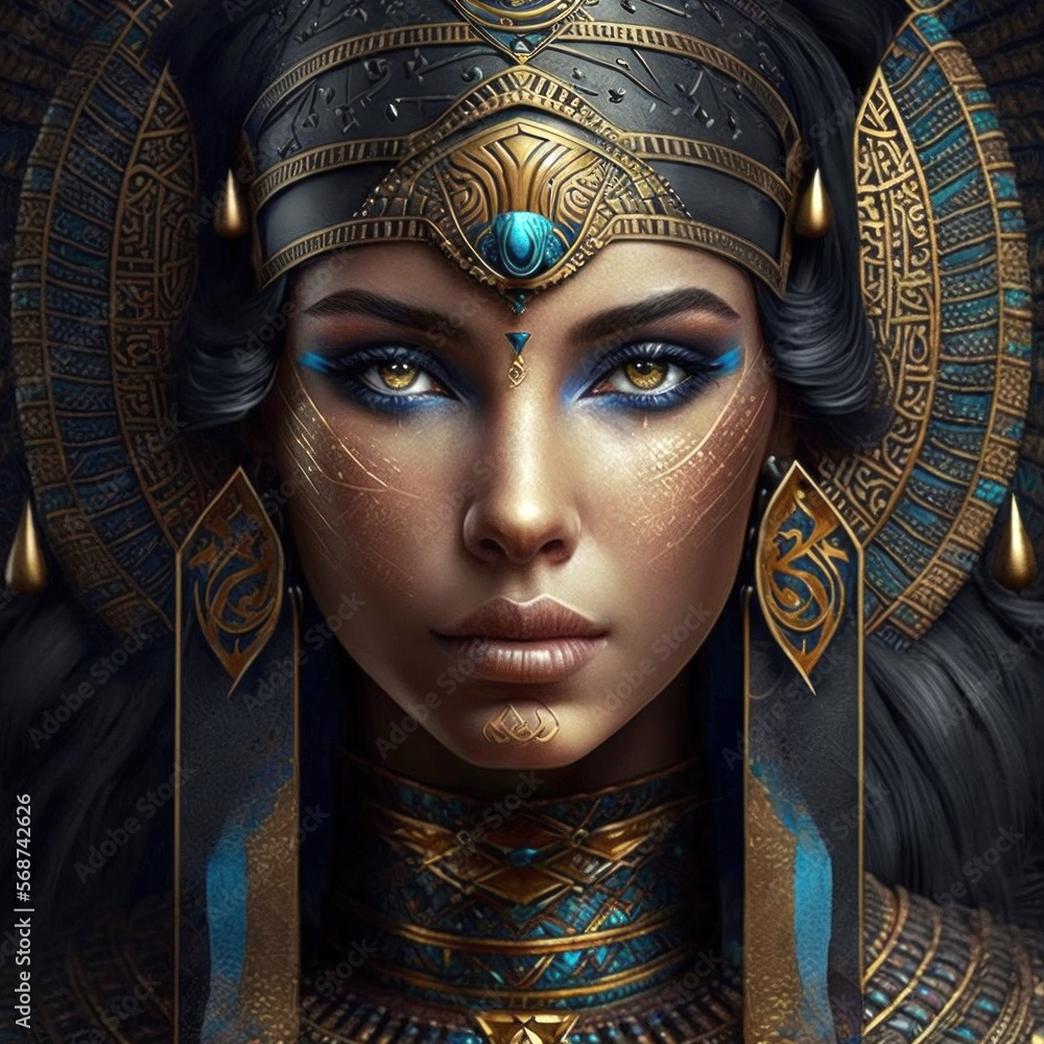
When people—even those who disliked her—admitted her high intelligence and linguistic skills, you know she was exceptional. Being a polyglot back then wasn’t for show; it was a tool to wield power. Cleopatra seamlessly navigated through Greek, Egyptian, and other tongues, reinforcing her control and diplomacy.
Pragmatism and Political Savvy Shaped Her Every Move
She wasn’t just book-smarter; she had sharp political acumen. Cleopatra was firmly a practical ruler. When one of her advisors tried to sweep a murder under the rug—potentially sparking rebellion—she handed the culprits over for justice. That speaks volumes about her approach to governance: *fairness matters* to keep peace, even if it means making unpopular decisions.
With Rome lurking like a hungry lion, Cleopatra knew relying on power alone wouldn’t save her throne. She needed alliances. Her relationship with Julius Caesar, starting with a bold first meeting where she played to his fantasies, was a masterstroke. It was part power play, part genuine connection. She was ruthless where necessary, remembering that true leadership sometimes means putting the state over emotions—even personal relationships.
She wasn’t a captive to feelings. Reports mention she could betray lovers if it served her political goals. It goes back to her thinking with head over heart—a trait crucial in turbulent times.
A Queen Who Loved Her People, Not Just Her Power
Cleopatra’s reign wasn’t just about luxury palaces and intrigue. She showed a real concern for Egypt. Soon after becoming queen, one of her first acts was to participate in a religious ceremony that had been neglected for ages. Egyptians loved it. This wasn’t mere PR; it was a smart, genuine move to reconnect with her people.
The Ptolemaic dynasty before her was notorious for decadence, while many Egyptians starved. Cleopatra changed that. She initiated reforms that boosted agriculture, education, and religious practices. She even portrayed herself as the incarnation of Isis, linking her rule to divine right and cultural identity. Egypt prospered under her, moving from looming ruin to thriving surplus. That’s ruling beyond self-interest.
Family and Love: A Complex Blend
Let’s talk about her softer side. Cleopatra appears to have genuinely loved her children. That’s notable for a royal often depicted as cold or manipulative.
Rumors swirl about numerous lovers, but historically, she had intimate ties primarily with Julius Caesar and Mark Antony. Both men were famous for their romantic escapades and devotion. Cleopatra’s alliances blended love and politics, but she knew to keep control. When Antony tried to dominate her after Caesar’s death, she sought another Roman ally—never letting herself be a pawn.
Did She Have Flaws? Absolutely—But So Do All of Us
No personality is perfect, especially those in power. Some stories accuse Cleopatra of jealousy, mood swings, and using tears to manipulate men. Were these true or just tales spun by her adversaries? The historical records can’t truly say. Some accounts suggest she threw tantrums over Antony’s wife. But these might be biased or exaggerated narratives, often shaped by patriarchy and politics.
One extreme rumor suggests she tried to seduce Octavian, who ”nobly” declined. While juicy, such stories likely serve propaganda more than truth.
Charisma Was Her True Beauty, Not Just Looks
Cleopatra wasn’t lauded for her looks. Ancient descriptions don’t list her among history’s belles. But friends and foes agreed she radiated intelligence and charisma. That made her company irresistible. It’s a reminder: real power often comes from presence, wit, and confidence rather than Hollywood glamour.
Ruthlessness: She Knew When to Be Brutal
Power wasn’t only about charm and diplomacy. Cleopatra had a ruthless streak. She arranged for the execution of a sister and a brother-husband deemed traitorous. This wasn’t arbitrary cruelty but calculated moves to secure her throne and peace in the realm. Such ruthlessness was expected—and sometimes required—of ancient rulers.
The Cleopatra Myth: Separating Propaganda from Reality
Cleopatra might have decayed into obscurity if not for Octavian’s intense smear campaign and her epic romance stories. Many ancient sources carried substantial bias, especially patriarchal disdain for powerful women.
Octavian’s propaganda framed her as a “monster,” seductive and extravagant, a “femme fatale” who threatened Rome’s honor. She had to be painted this way to justify Roman actions and minimize Julius Caesar and Mark Antony’s failures. The truth? She was an exceptional leader navigating impossible challenges.
So, what can we take away? Cleopatra was a brilliant strategist who knew the art of rule inside and out. She balanced intellect, charisma, ruthlessness, and genuine care for her people. She wasn’t just a queen; she was an icon of resilience, intelligence, and survival in a harsh male-dominated world.
Practical Lessons from Cleopatra’s Personality
- Learn languages: Her success partly stemmed from her ability to communicate directly. Knowing languages breaks barriers. Even today, it’s a tool for influence.
- Lead with pragmatism: Emotional decisions can cost dearly. Cleopatra put her kingdom first, inspiring loyalty and respect.
- Balance charisma and toughness: Being likeable opens doors, but don’t shy from tough decisions.
- Cultivate genuine connections: Her love for her children shows rulers aren’t robots; empathy matters in leadership.
- Beware of propaganda: Don’t accept stories at face value, especially about powerful women—there’s often more beneath the surface.
In the end, Cleopatra’s personality challenges us to rethink historical clichés. She proves that leadership is a complex dance of brains, heart, and grit.
What traits from Cleopatra’s personality resonate with you? Could modern leaders learn from her mix of smarts and empathy? Or does her ruthlessness give you pause? History invites us to explore these shades—and maybe rethink how we view power and influence today.
